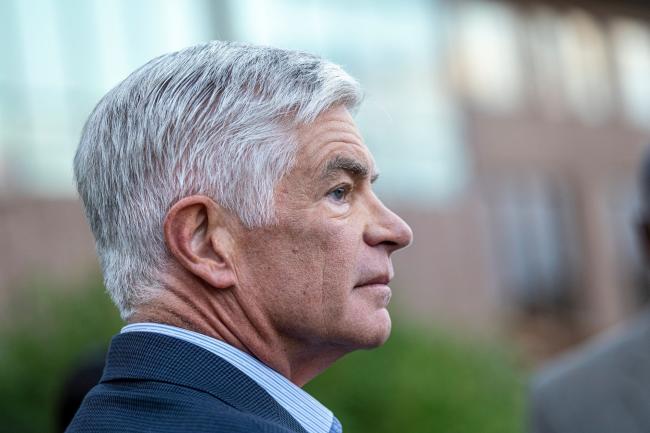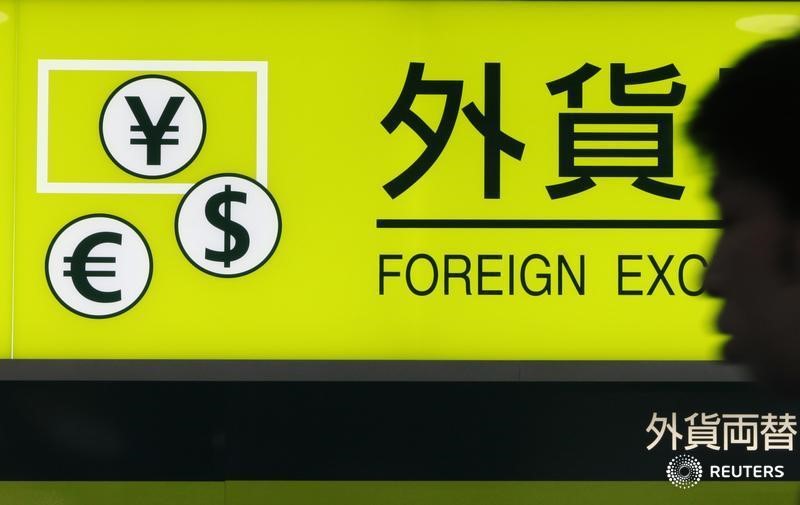(Bloomberg) -- Federal Reserve Bank of Philadelphia President Patrick Harker said he expects officials to slow the pace of their interest-rate increases as monetary policy approaches a sufficiently restrictive level.
“In the upcoming months, in light of the cumulative tightening we have achieved, I expect we will slow the pace of our rate hikes as we approach a sufficiently restrictive stance,” Harker said Tuesday in prepared remarks to the Global Interdependence Center in Philadelphia. Sometime next year, “I expect we will hold at a restrictive rate for a while to let monetary policy do its work.”
The comments echoed Harker’s speech on Nov. 10.
The US central bank raised its benchmark interest rates by 75 basis points on Nov. 2 for the fourth straight time, lifting the target range to 3.75% to 4% from near zero in March as it fights to curb the highest inflation in four decades.
The tightening campaign is the most aggressive since the 1980s and several Fed officials have begun suggesting that the moment to moderate is growing near, while stressing that this won’t signal an end to rate hikes.
“It will probably be appropriate soon to move to a slower pace of increases,” Fed Vice Chair Lael Brainard said Monday during an event hosted at Bloomberg’s Washington bureau. “But I think what’s really important to emphasize, we’ve done a lot, but we have additional work to do.”
Investors now expect Fed officials to downshift to a half percentage-point hike at their Dec. 13-14 meeting after milder-than-expected consumer inflation last month provided hope price pressures are starting to ease.
On the other hand, rate hikes have yet to cool the hot US labor market. Employers added 261,000 new jobs in October while unemployment at 3.7% remains low -- helping support consumer confidence and spending.
Harker said there are signs that the economy is starting to decelerate, even as the job market remains hot.
“Credit card purchase data indicate that consumer spending, which comprises around 70% of economic activity in the United States, is slowing, with services and retail leading the decline,” he said. “Investment in housing has weakened, and even the boom in manufacturing, which has buoyed the economy, is starting to wane.”
©2022 Bloomberg L.P.

